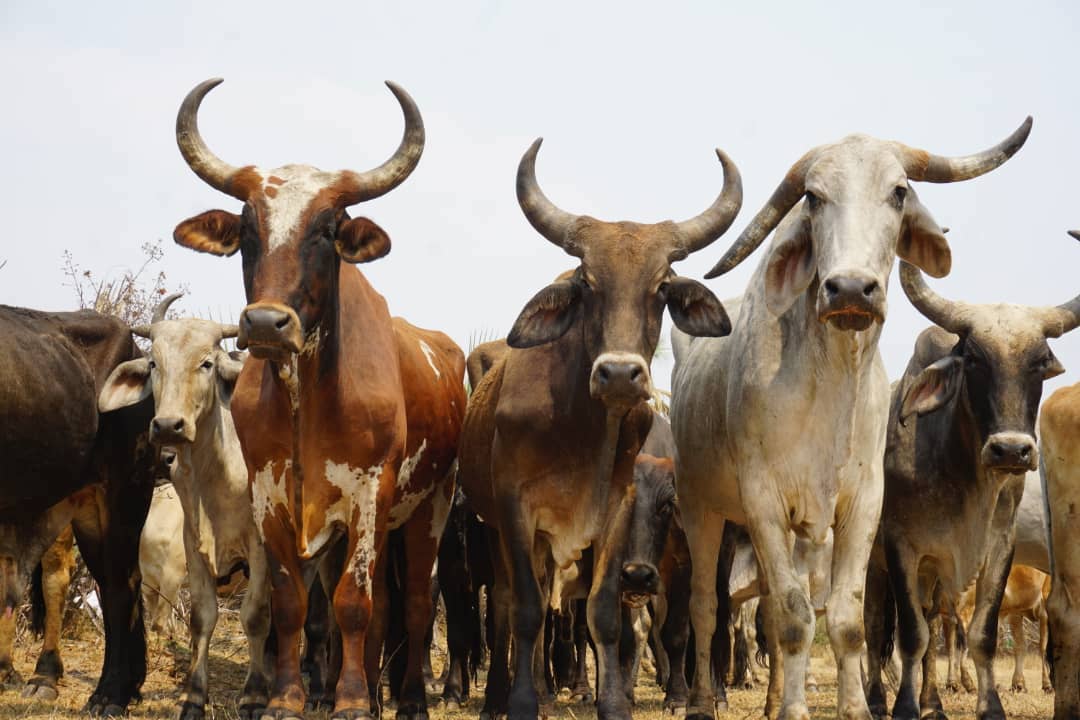In the Southern Province of Zambia, the Hooves for Sustainability (H4S) project promotes and implements sustainable livestock management practices in the Mazabuka, Monze and Namwala districts. Stakeholders recently met in the town of Itebe in the Mazabuka district where pressing challenges make life difficult for livestock farmers and their families.
An overreliance on natural water sources and a lack of watering infrastructure has made water access difficult and insufficient. Additionally, the existing grazing plan – often in local floodplains – often leads to livestock drownings, which cause substantial losses for farmers.
As a child of the African soil whose grandparents were smallholder livestock producers, I can attest to the dire need for inclusivity and raising awareness on the need to bring together all stakeholders to discuss communal grazing challenges.
Sheila Garakara, Country Manager Zambia, Solidaridad
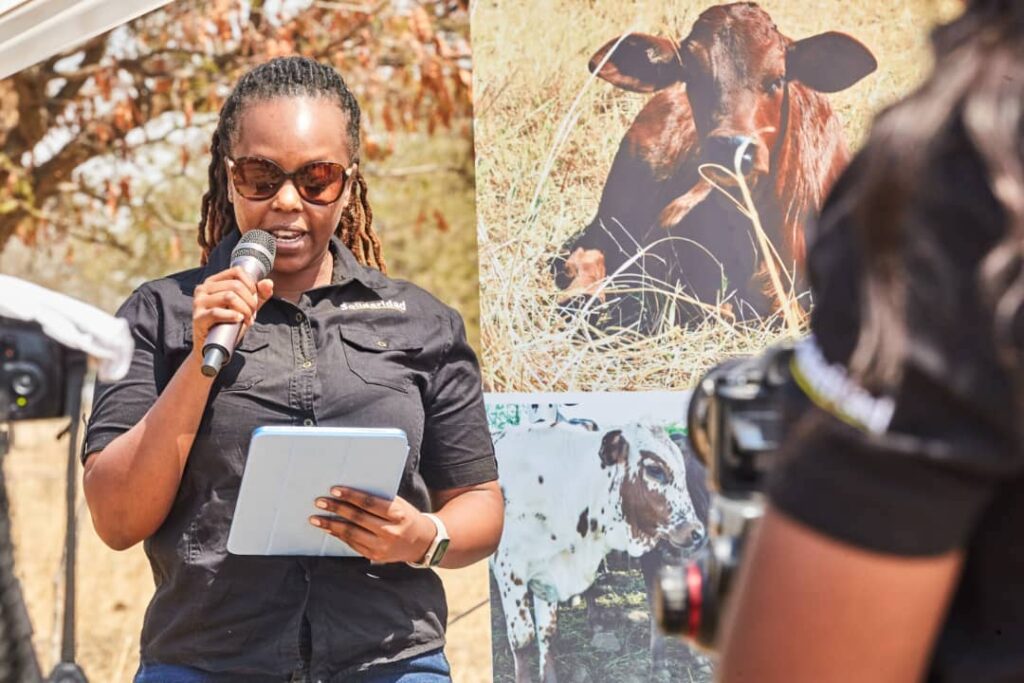
Active collaboration for practical solutions
The stakeholder engagement meeting brought together various parties to discuss and devise practical and sustainable solutions to the problems facing livestock farmers in Itebe. The collaborative effort resulted in restructured grazing maps divided into three distinct zones to facilitate efficient rotational grazing while avoiding flood-prone areas.
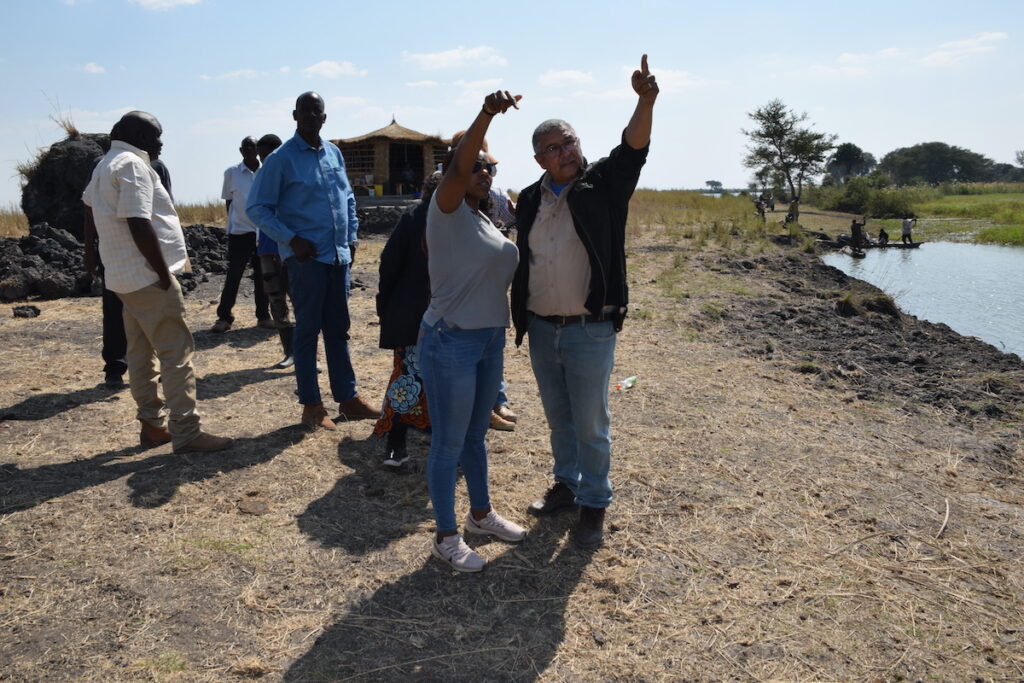
The Southern Province of Zambia hosts the most cattle in the nation. Itebe Village falls within this geographical space and therefore becomes a point of interest for multiple stakeholders, hence the inclusive approach we took in planning the critical stakeholder engagement meeting.
Sheila Garakara, Country Manager Zambia, Solidaridad
Attendees included officials from the Ministry of Fisheries and Livestock in Mazabuka, the Disaster Management and Mitigation Unit, the District Commissioner’s office, the Crimes and Investigation Unit of Police, plus representatives from the Grassroots Trust, World Vision, and Self Help Africa. Additionally, the Itebe Ward Councilor and 16 headmen, each accompanied by 2 headers and 20 farmer committee members, participated in the meeting.
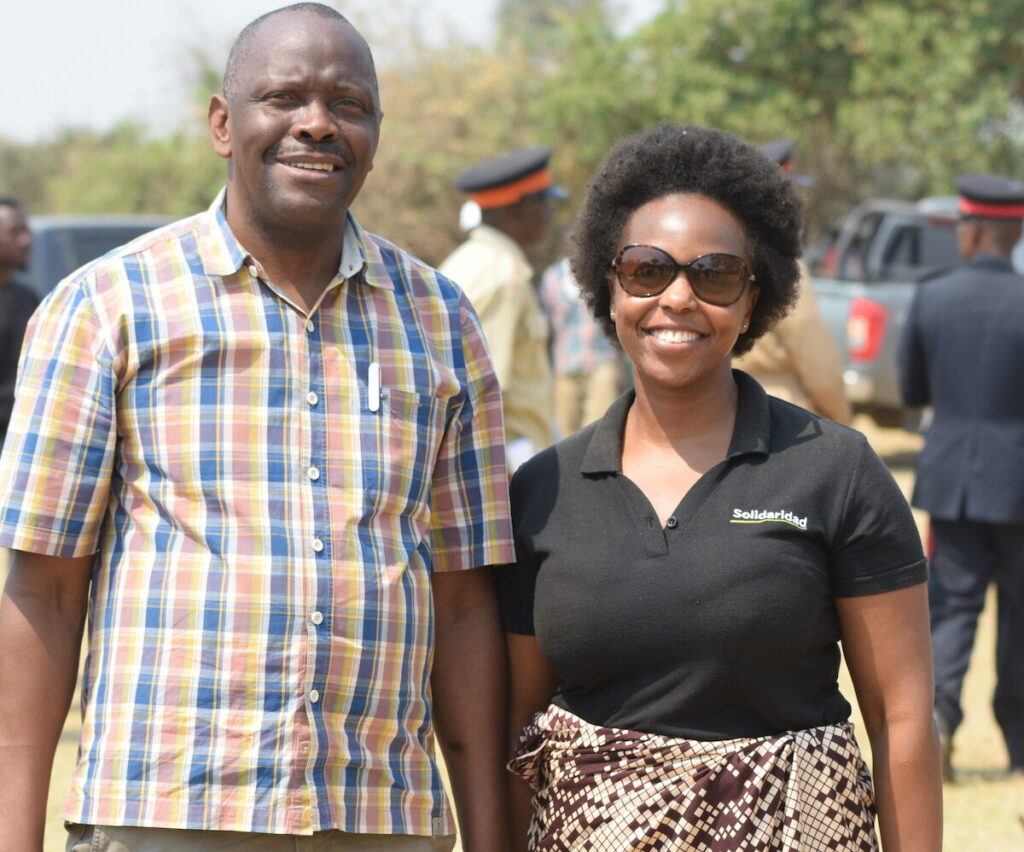
Hooves for Sustainability in action
Hooves for Sustainability is funded by the Leona M. and Harry B. Helmsley Charitable Trust and aims to enhance 2,000 livestock producers’ resilience to the effects of climate change.
Research across Africa has demonstrated the advantages of collaborative efforts to address agricultural challenges. In Kenya, for example, group training on rotational grazing has been shown to boost livestock productivity by 20 percent and reduce animal mortality rates by 30 percent.
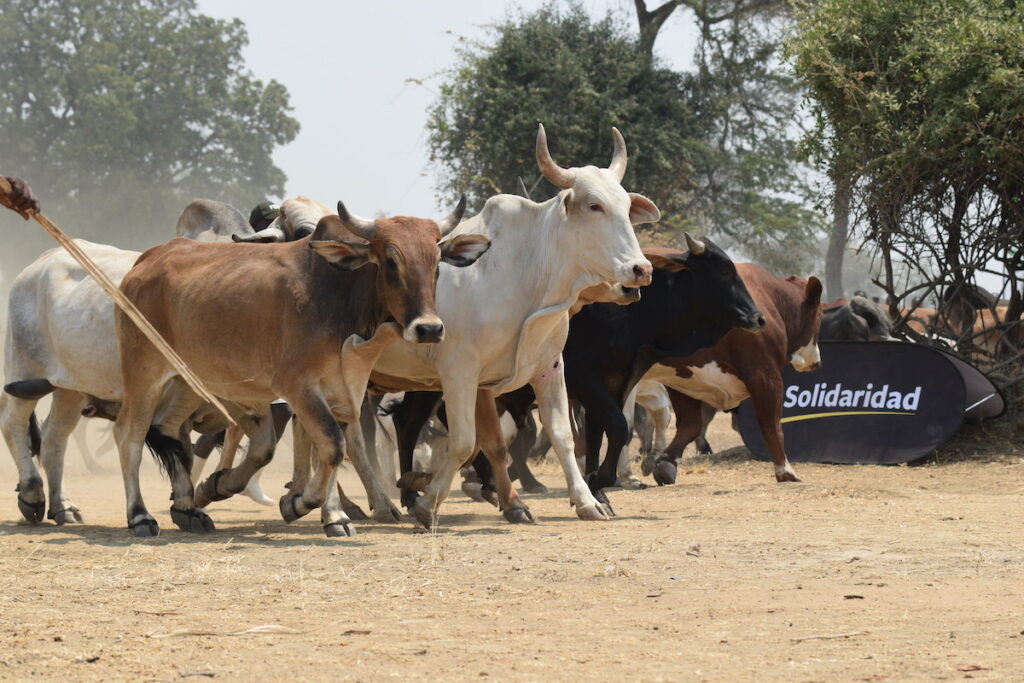
Commenting on the practical impact of H4S, Sheila Garakara says, “This stakeholder engagement meeting is a testament to our commitment to fostering sustainable agricultural practices. By working together with local farmers, government officials, and partner organizations, we can develop and implement solutions that address the unique challenges faced by livestock farmers in Itebe village.”

